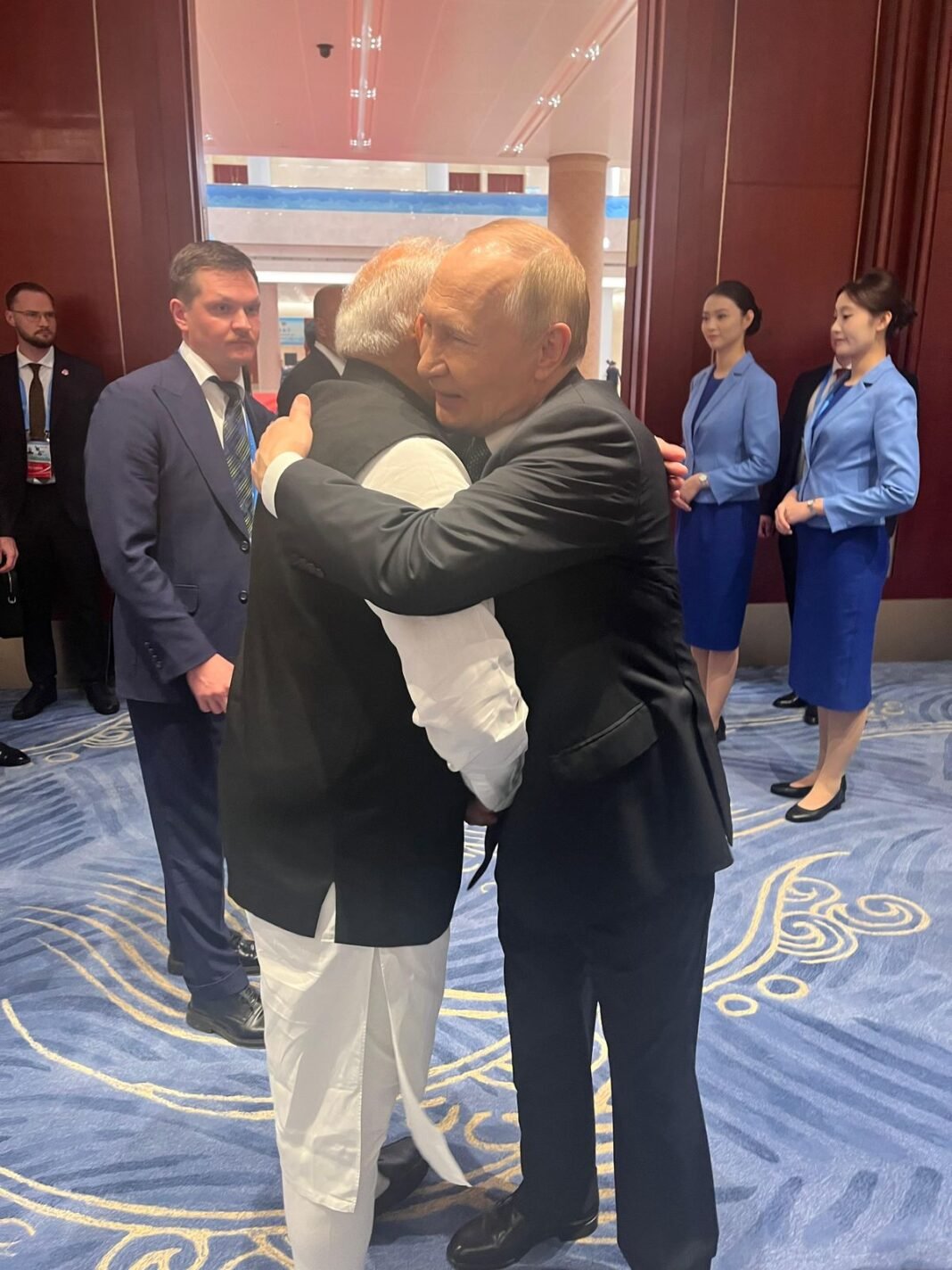Rutte’s Remarks at UNGA
NATO Secretary-General Mark Rutte made a striking claim during his interactions with the media on the sidelines of the United Nations General Assembly (UNGA) in New York. According to him, U.S. President Donald Trump’s fresh tariff measures against India are having “a big impact” on Russia.
Rutte asserted that the new trade duties, imposed in retaliation for India’s continued purchase of Russian oil, have pushed Prime Minister Narendra Modi to directly question Russian President Vladimir Putin on his Ukraine strategy. He said, “This (tariff) immediately impacts Russia because that means Delhi is now on the phone with Vladimir Putin in Moscow, and Narendra Modi is asking him, ‘I support you, but could you explain me your strategy because I have now been hit by these 50% tariffs by the United States.’”
Neither New Delhi nor Moscow has officially responded to Rutte’s comments, but his remarks have sparked global debate about the intersection of trade, energy security, and geopolitics.
Trump’s Tariffs on India
President Trump, who returned to power in January, has been aggressively pursuing a policy of reciprocal tariffs. Last month, he announced a 25 percent tariff on Indian goods, coupled with another 25 percent penalty specifically targeting New Delhi’s decision to import Russian crude oil.
The White House accused India of indirectly fueling Moscow’s military operations in Ukraine through its oil purchases. Trump’s administration has argued that India’s reliance on discounted Russian oil undermines international efforts to isolate Russia economically.
These tariffs mark the most significant trade challenge between Washington and New Delhi since Trump resumed office. Despite his tough rhetoric, Trump has also repeatedly emphasized his personal friendship with Prime Minister Modi, adding an unusual dimension to the tensions.
After the proceedings at the SCO Summit venue, President Putin and I travelled together to the venue of our bilateral meeting. Conversations with him are always insightful. pic.twitter.com/oYZVGDLxtc
— Narendra Modi (@narendramodi) September 1, 2025
Modi-Putin Engagement
Sources told NDTV that during the recent Shanghai Cooperation Organisation (SCO) summit, Russian President Vladimir Putin personally sought closer engagement with Modi. Reports indicated that Putin even waited for about 10 minutes to travel alongside the Indian leader from the conference venue to their scheduled bilateral meeting at a hotel in Kazakhstan.
The gesture was seen by analysts as an indication of Moscow’s eagerness to keep New Delhi firmly aligned, despite India facing mounting Western pressure over its oil imports.
Trump’s NATO Push
Parallel to the tariff dispute with India, Trump has urged NATO countries to take tougher action against both Russia and China. In a recent post on Truth Social, the U.S. President called for member nations to impose tariffs of 50 to 100 percent on Chinese goods. He also pressed them to halt oil purchases from Russia, arguing that such trade “greatly weakens” NATO’s bargaining position against Moscow.
“It is shocking that some nations still buy Russian oil,” Trump wrote, emphasizing that full unity was necessary to increase pressure on the Kremlin.
Rutte echoed Trump’s stance, agreeing that NATO members should immediately stop sourcing energy from Russia, reinforcing the message that transatlantic solidarity was critical for ending the Ukraine conflict.
India-U.S. Trade Talks
Amid these tensions, Commerce Minister Piyush Goyal led a high-level Indian delegation to New York for trade negotiations with American officials. The delegation included Rajesh Agrawal, India’s chief negotiator, who had earlier hosted U.S. negotiator Brendan Lynch in New Delhi for day-long discussions.
The talks are aimed at finalizing a proposed bilateral trade agreement that could redefine economic ties between the two countries.
Significantly, both leaders have tried to temper the heat of the tariff dispute with positive messaging. On September 10, Trump described Modi as his “very good friend” and said he was confident that talks would succeed. Modi responded by affirming that the India-U.S. partnership had “limitless potential” and that negotiations would secure a “brighter, more prosperous future” for both sides.
Looking Ahead
The coming weeks may determine whether tariffs escalate into a larger trade war or if diplomacy prevails. With Trump pressing NATO and India facing mounting pressure, Modi’s balancing act between Washington and Moscow will remain under the spotlight. The unfolding situation highlights the complexities of global alliances, where trade, security, and strategic energy choices collide.








